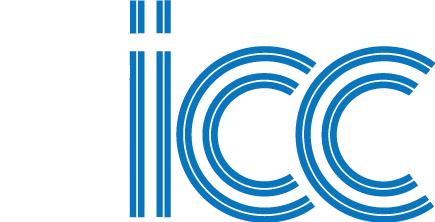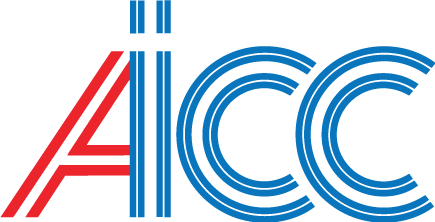27 Jun The Future of Energy – AICC Business Breakfast
On June 27, 2018, the AICC (Austrian Israeli Chamber of Commerce), Siemens Austria, the Bar-Ilan University and LANSKY, GANZGER + partner Attorneys (LGP) invited to the joint business breakfast regarding the topic “The Future of Energy”. During two impressive key note speeches of Dr. Lior Elbaz (Bar-Ilan University Israel) and Dr. Georg Pammer (ASCR, Siemens Austria) as well as a panel discussion with DI Herbert Ritter (MA 20 – Energy Planning, Vienna City Administration) different perspectives of how we will be managing energy in 2030 were addressed and discussed.
Bar-Ilan University (BIU) is the focal point for all alternative energy related projects in Israel. With some of the leading researchers in the field and top-notch facilities for energy research, it is the undisputed leader in Israel. The university focuses on energy generation from sustainable sources, its storage in batteries and hydrogen and use in industry and transportation. By building up strong collaborations with international companies and institutions, Bar-Ilan’s vision is to build a state-of-the-art alternative energy institute in the near future.
During his keynote speech, Dr. Elbaz, member of the Chemistry Department at Bar-Ilan and Head of the Israel Fuel Cells Consortium (IFCC), impressively presented several approaches of the future use of energy and emphasized the need to make a turn from the current situation, in the interest of future generations. In his opinion the way energy is currently operated does not constitute a long term solution and therefore improvements need to be developed soon. Since oil and natural gas resources are limited sources, he stresses the need to consider clean energy “as the way to go”. By presenting several ways to gain sustainable energy, he highlights the “hydrogen economy” to be one of the best solutions with major potential, especially regarding electro-mobility. He also states that it is important “not to repeat the mistakes our fathers did during the industrial revolution”. By that he emphasized the need to be conscious about whatever resources are available, because “the resources are a big thing, when it comes to managing the future”. Dr. Elbaz presented several research approaches to create sustainable solution and overcome current limitations. Imposingly Dr. Elbaz presented current research analysing the mechanisms of human bodies in order to transmit the knowledge for the development of these fuel cells. He also highlighted the advantages and disadvantages of each technology and said they complement each other. For example, the great achievements in battery research will allow us to operate high energy density batteries for much longer than today’s state of the art batteries. These accomplishments were produced by one of the top scientists in the field (top five in the world) and in Israel, Prof. Doron Aurbach, also from Bar-Ilan University.
As a second keynote speech Dr. Georg Pammer, General Manager of ASCR Siemens Austria, presented fascinating insights of the new urban quarter “Seestadt Aspern” and the R&D Joint Venture ASCR in Vienna, which represents a specific solution to face energy problems of the future. This multifunctional quarter is able to host up to 30.000 inhabitants with the aim to reduce CO2 and to guarantee the supply of energy in an urban environment. The project combines both the building side as well as the grid side looking for optimizing the self-consumption of the buildings, balancing the fluctuating of the renewable energy market and bringing transparency into the grid. The aim is to create prototypes which could be developed into products and to make experiences in order to produce useful tools for the future.
During the successive panel discussion DI Herbert Ritter, representative department chief and in charge of MA 20 – Energy Planning, Vienna City Administration, Dr. Elbaz and Dr. Pammer debated about their perspectives of how energy will be managed in the near future. Within this context Mr. Ritter highlighted Vienna’s long term perspective Smart City Wien Framework Strategy and the corresponding Energy Fremework Strategy 2030 which key issue constitutes the timely de-carbonation. He stated the need to act very quickly and that in his opinion the key factor for success is increasing the energy efficiency. Further on, the experts were talking about sustainable solution for heating systems in the future. Even though they agreed on innovative and smart buildings as a sustainable way, Mr. Ritter added that we need life-cycle cost effective and affordable energy solutions for fast growing cities like Vienna, where the market is dominated by pressure.
Regarding future developments, Dr. Pammer pointed out the contradiction between wanting to build as fast and cheap as possible and using sustainable technologies at the same time. He also stresses the fact, that people are still separating the costs into renting costs and energy costs which are leading to decisions favouring price over sustainable solutions. Both Dr. Elbaz and Mr. Ritter agreed that governmental interventions are necessary to overcome these shortcomings and developments need to be pushed: a framework and infrastructure need to be build.
Picture 1: Karin Singer (Bar-Ilan University Israel), Dr. Georg Pammer (ASCR, Siemens Austria), Dr. Lior Elbaz (Bar-Ilan University Israel) DI Herbert Ritter (MA 20 – Energy Planning, Vienna City Administration) and Dr. Julia Andras (Managing Partner LGP and General Secretary AICC)
Picture 2: Dr. Lior Elbaz (Bar-Ilan University Israel)
Picture 3: Dr. Georg Pammer (ASCR, Siemens Austria)
Picture 4: Dr. Georg Pammer (ASCR, Siemens Austria), Dr. Lior Elbaz (Bar-Ilan University Israel), Dr. Julia Andras (Managing Partner LGP and General Secretary AICC) and DI Herbert Ritter (MA 20 – Energy Planning, Vienna City Administration)








